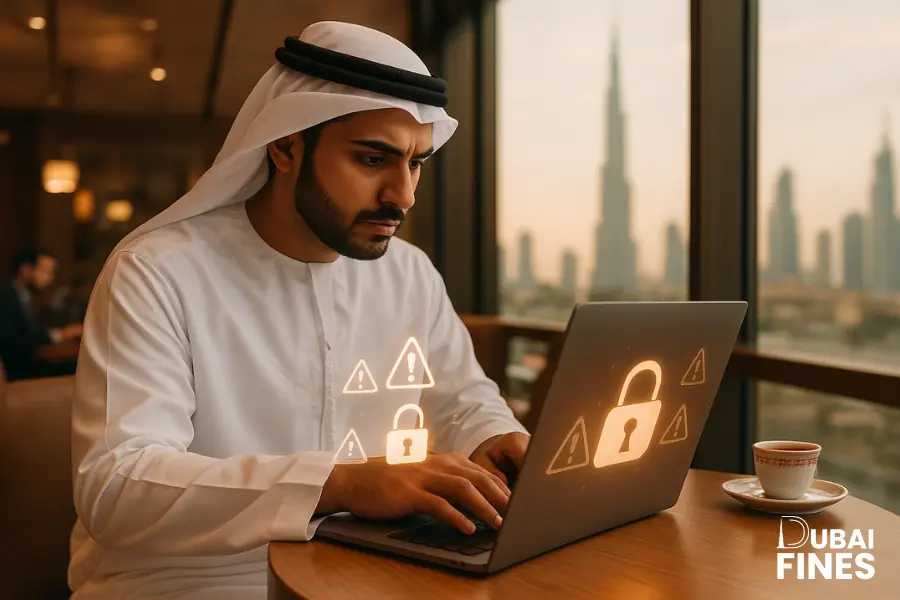Don’t Use Public Wi‑Fi for Online Banking
Online banking is less safe than many individuals may think when using public Wi-Fi. A recent Instagram post includes a warning: Bet you did not know that using free wifi can be a dangerous thing to you!. The existence of free networks like in cafes, airports, hotels, or libraries of public places can reveal your personal and financial information to hackers.
Table of Contents
Why Public Wi‑Fi is Dangerous
The security systems of Wi-Fi networks in the town are commonly poor. When you open your bank account or make a payment with an application, you can send data that can be viewed across the network as it is. Hackers are able to intercept the usernames, passwords or even account numbers.
Hackers can use common Wi 2 strategies such as:
- Man-in-the-middle attacks: The hackers will install themselves between your computer and the bank server to view or corrupt your traffic.
- Fake Evil Twin networks: This is a wifi hotspot that is configured to appear as a genuine one and dupes the user into connecting to it.
- Malware and spyware: Hackers are capable of trading malicious code or stealing sensitive data across networks without a security mechanism.
Although the websites and apps of a bank are encrypted, they cannot provide complete security in case the network is compromised. Being connected even for a few moments on the public Wi-Fi can get you into actual danger.
The Risks You Face
The outcomes of banking via the Wi-Fi provided publicly can be disastrous:
- Hackers may empty your bank account and steal your credit.
- There is a risk of identity theft and fraud or new accounts.
- Thefts are stressful, time-consuming, and can lead to the loss of money.
How to Protect Yourself
To minimize your risk, you can observe the following:
- Banking, Mobile data or a trusted network, rather than a public Wi-Fi.
- One should not log in on networks when necessary.
- Public Wi-Fi use requires encryption by a VPN in case of need.
- Always update your devices and always use strong and unique passwords.
- Enable banking and email 2FA.
- Turn off file sharing and forget about the public networks.
- Check website addresses and applications to be sure that you are on a legitimate site of your bank.
A Real-Life Example
Consider the user of Wi-Fi at the airport to check their bank balance. There is a rogue Wi-Fi network that was installed by a hacker. The user connects in believing that it is secure and logs into his or her bank. The hacker can now access the account credentials and empty it. It would have been fully avoided by using mobile data or waiting until one is on a secure network.
Expert Advice
Users are always cautioned about these dangers by financial institutions and cybersecurity experts. Although the data is usually encrypted by apps and websites, the security of the network is paramount. Basic measures, such as not using public Wi-Fi to do banking, using VPNs, and using two-factor authentication, will help to save significant amounts of money and prevent identity theft.
The Takeaway
Do not use the public Wi-Fi to perform internet banking or any other important activities. It is worth taking an additional precaution in terms of your money, personal data, and tranquility. You can only avoid serious consequences by waiting to have a secure network, accessing data on mobile, or taking meticulous measures such as VPNs and two-factor authentication.







